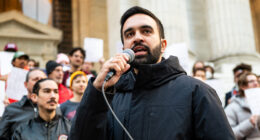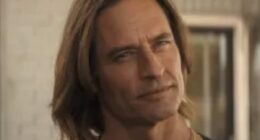Chicago’s Fourth of July holiday weekend was marred by intense gun violence, leading to a tragic increase in the number of shootings compared to last year.
From the evening of July 3rd to the morning of July 7th, a staggering 102 people were shot, with at least 17 fatalities, according to the Chicago Police Major Incident Notifications system. Another two individuals were shot later on the 7th. This data indicates an alarming 27% rise in shootings from the previous year’s four-day period, which saw at least 73 people shot and 11 deaths.
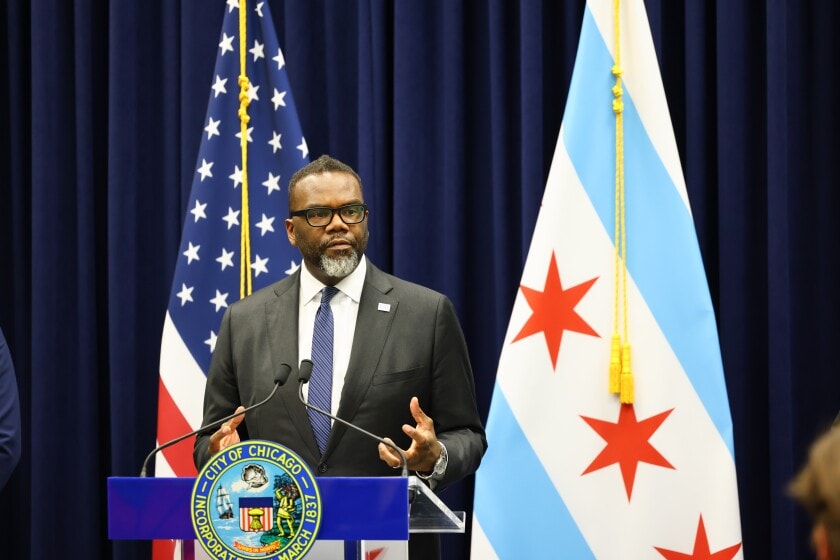
A Troubling Trend During Summer Months
Summer months generally see a surge in gun violence across the United States, with July 1-7 being particularly notorious for high levels of both mass shootings and individual incidents. Heat and increased outdoor activity can elevate tensions and lead to violence.
Our summer months have always been challenging as it relates to violent crime. This past weekend was no exception.
, noted Mayor Brandon Johnson.
The findings align with earlier research that highlighted July 4 as the deadliest day for mass shootings over roughly a decade. The day after, July 5, follows closely in terms of gun-related incidents.
Heartbreaking Impact on Communities
The Fourth of July saw numerous heart-wrenching stories, including an event where an 8-year-old boy was fatally shot along with two other boys aged 5 and 8. Mayor Johnson addressed the tragedy: We must address this culture of death and destruction now before more young people become victims…
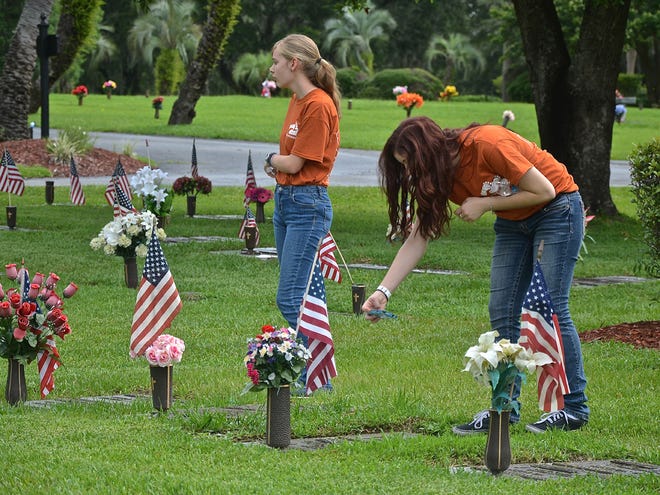
The weekend’s toll included not just children but also teenagers. Multiple incidents were reported where victims aged between 15 and 16 suffered from gunshot wounds.
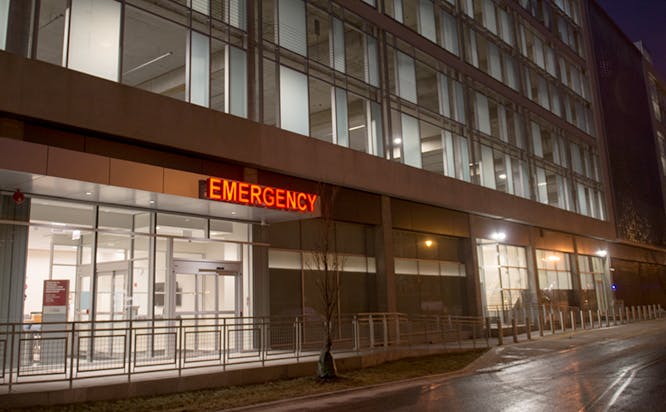
The City’s Response
‘Violence is a citywide issue that continues to falsely characterize the true essence and intrinsic nature of our neighborhoods. This tragedy has left us all heartbroken and distressed.’
, stated Alderman Stephanie Coleman. In response to this crisis, Chicago’s mayor announced several measures aimed at maximizing police presence and community support. These included:
- Cancelling police officers’ time off to ensure maximum presence
- Activating an emergency services assistance center
- Organizing a community rally for support and healing
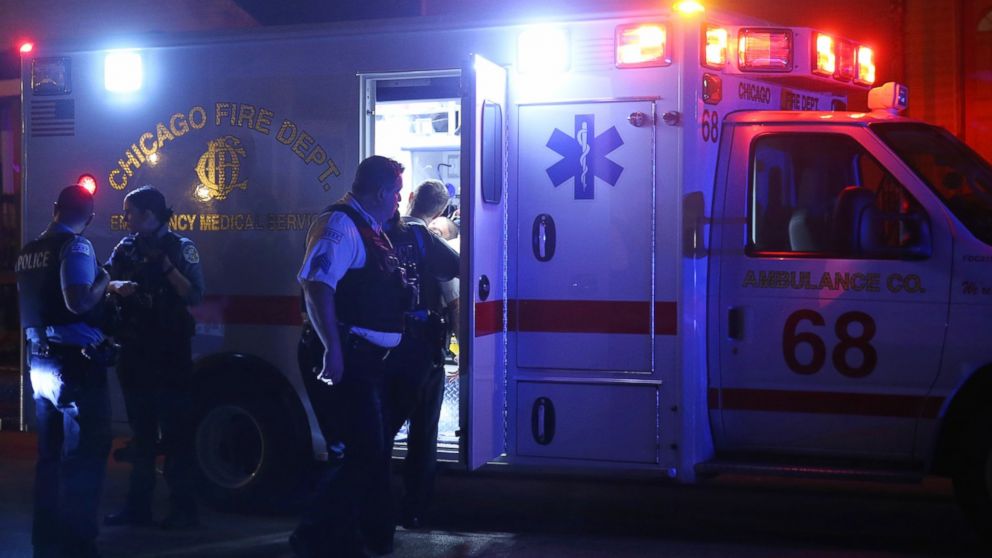
A Broader Picture of Violence
This violent weekend is a stark reminder of the broader gun violence issues that plague not only Chicago but also other major cities like New York, which saw its own spike in violent incidents over the holiday. Chief Terence Monahan dubbed it one of their most violent weekends in recent history.
The overall context provided by these events speaks volumes about the urgent need for addressing gun availability and implementing more stringent laws around firearm use. As Mayor Johnson firmly expressed: I believe that the recent tragedies in the headlines—the mass killings, the killings by police, the killings of police—are strongly affected by gun availability and by weak gun laws.
The tragedy that unfolded over this Fourth of July weekend highlights a critical point—it’s not just high-profile mass shootings but everyday acts of gun violence that contribute to staggering statistics.








